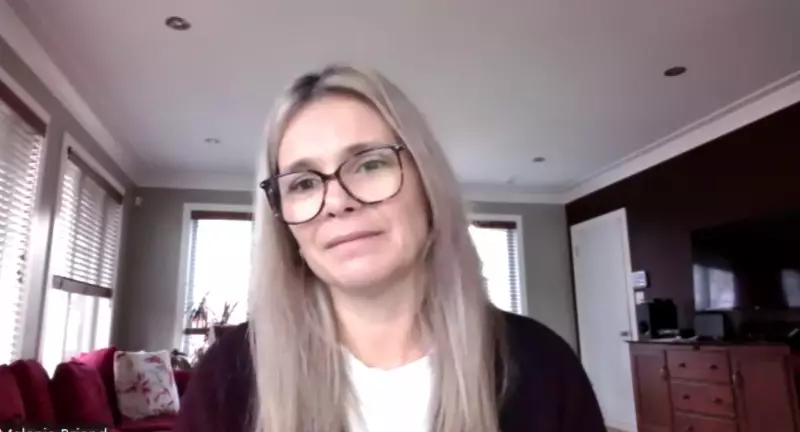
In a powerful demonstration of justice persevering through different legal avenues, a Quebec woman has successfully held her abuser accountable in civil court after he was acquitted in criminal proceedings. This landmark case reveals how civil litigation can provide recourse when the criminal justice system falls short.
When Criminal Justice Fails, Civil Justice Prevails
The survivor, whose identity remains protected, endured years of psychological abuse and threats from her former partner. Despite compelling evidence, Quebec's criminal court acquitted the man of criminal harassment charges, leaving the victim without the justice she sought through the criminal system.
Undeterred by this setback, the woman pursued civil action against her abuser—a strategic move that would ultimately validate her experience and provide the accountability the criminal system had failed to deliver.
The Civil Court's Groundbreaking Decision
Quebec Superior Court Justice Alexandra Longo delivered a powerful ruling, finding the man civilly liable for his actions and ordering him to pay $20,000 in moral damages plus additional legal costs. The judgment specifically recognized the profound psychological impact of his behavior, including the woman's diagnosed post-traumatic stress disorder.
"The evidence demonstrates that the defendant engaged in a persistent pattern of threatening and intimidating behavior that caused significant psychological harm," Justice Longo stated in her ruling.
A Different Standard of Proof Makes All the Difference
This case highlights the crucial distinction between criminal and civil proceedings:
- Criminal cases require proof "beyond a reasonable doubt"—an exceptionally high standard
- Civil cases operate on "balance of probabilities"—meaning what's more likely than not
- Different objectives: Criminal law punishes offenders, while civil law compensates victims
This difference in legal standards allowed the civil court to reach a conclusion that the criminal court could not, despite hearing largely the same evidence.
Broader Implications for Abuse Survivors
Legal experts suggest this ruling could empower other survivors of domestic violence and harassment to consider civil action when criminal proceedings don't yield justice. The case demonstrates that an acquittal in criminal court doesn't necessarily preclude accountability through other legal channels.
"This judgment sends a clear message to survivors that the legal system offers multiple paths to justice," noted a women's rights advocate familiar with the case. "It validates their experiences and provides meaningful recourse even when the criminal justice system fails to deliver."
The Human Cost of Legal Battles
While the civil victory represents a significant achievement, the case also underscores the emotional and financial toll of pursuing justice through multiple legal systems. The survivor endured years of legal proceedings, reliving her trauma through testimony and cross-examination in both criminal and civil courts.
Nevertheless, her perseverance has created an important precedent that may help other survivors find validation and compensation when criminal courts cannot meet their high standard of proof.





